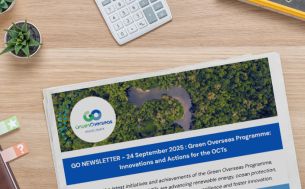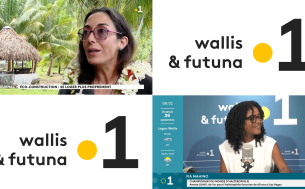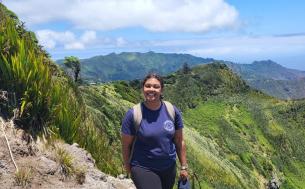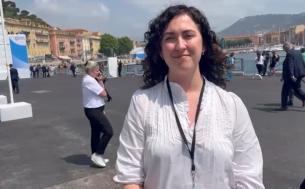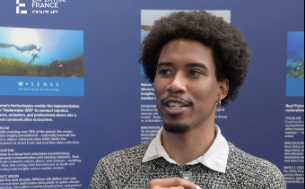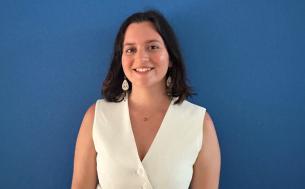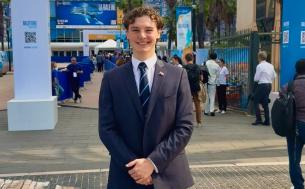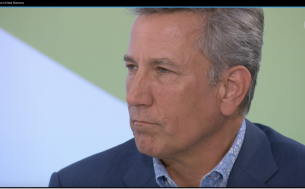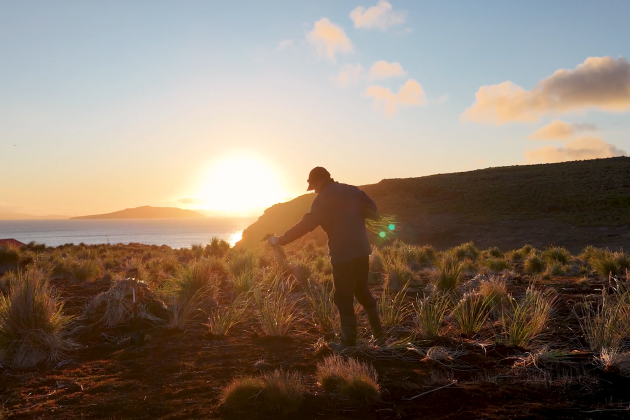
Publié le 29/09/2025, mis à jour le 30/09/2025
Restoring a unique natural heritage in the Falkland Islands
-
On the edge of the South Atlantic, the Falkland Islands are leading an ambitious initiative to restore their natural ecosystems. At the heart of this project: the reintroduction of tussac grass, an endemic grass essential to biodiversity and climate resilience.
-

Long threatened by overexploitation and changes in land use, this plant nevertheless plays a vital role. It provides a habitat for seabirds, sea lions and numerous invertebrates. Its disappearance has weakened local ecosystems, but today, a collective movement is organizing to bring these unique landscapes back to life.
-
A short film, commissioned by the Falkland Islands Government and directed by local filmmaker Mike Jervois, tells this story.
Discover it here: https://vimeo.com/1081097288?fl=pl&fe=shThis short film highlights:
-
the central ecological role of tussac grass,
-
the impact of its historical decline,
-
the community restoration and resilience efforts being carried out today.
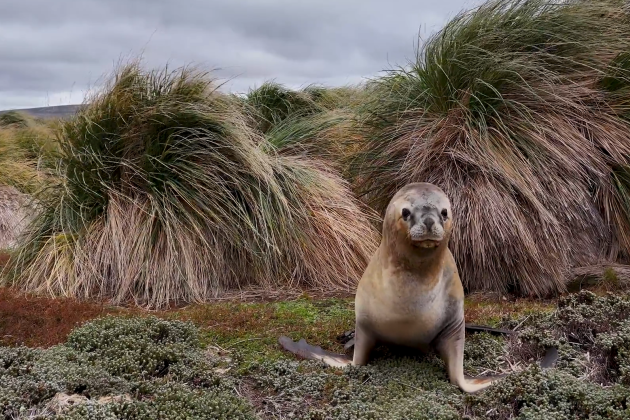
-
-
"Eco comes from the Greek: to dwell. It's where we live. It's the foundation of everything."
A powerful reminder that nature isn't just our environment: it's our home.
Thank you to the Falkland Islands Government and Mike Jervois for sharing this film and making it possible to showcase local action for climate and biodiversity.
#GO4Climate #ClimateResilience #NatureBasedSolutions #TussacGrass #FalklandIslands -


